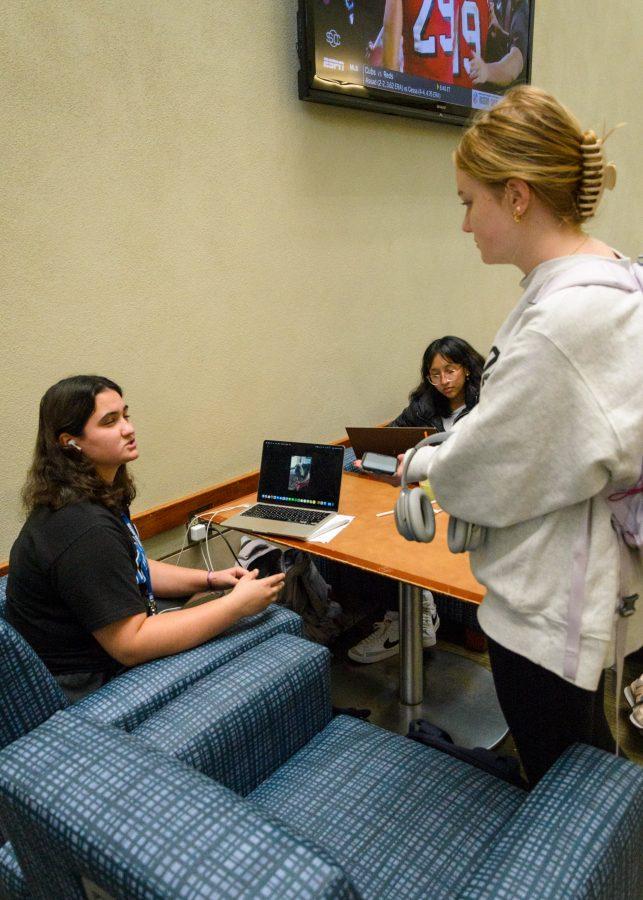Serial killer TV shows have been created for decades, whether they are a docuseries following a real murderer, or a TV show picturing a fictional one. Netflix recently released a “docuseries” following Jeffrey Dahmer, the infamous serial killer from the ’80s, titled “Monster: The Jeffrey Dahmer Story.”
The series was intended to shed light on his horrific crimes to take a look into his childhood to find why he was the way he was. But did they do a good job? Was the way they framed the show successful in showing how truly awful he was?
UMass Boston student Lyndsey said that, although she enjoyed the show overall, she wished they discussed more of the racism and homophobia that went into his crimes. She also said, “it kind of made me feel bad for him in a way,” which seems to be the sentiment from a lot of viewers.
Commonwealthclub.org hosted an event discussing the racism and xenophobia that played a role in the case. They also mentioned that “some of his victims might be alive today if police had listened to Glenda Cleveland, the neighbor who tried to warn police about Dahmer” (1). Cleveland, being a woman of color, was often told everything was all right after her numerous calls to the police station discussing her concerns.
The show often portrayed the emotional side of Dahmer, in order to gain sympathy from the viewer. But was this really necessary? Why should the viewer have sympathy for someone who committed crimes as awful as his?
Because of the way he is shown in the TV show, people online are talking about how he is “just misunderstood” and how they “felt bad for him.” TikToker Danisha Carter does a great job describing the effects of this show. She says, “once moments [of sympathy] are included in media of that nature, it becomes incredibly difficult to make sure the public walks away with the right message” (2).
This has been seen time and time again from the multitude of media derived from the Dahmer story. How many times do we need to hear the story of this sick man? Viewers begin to feel sympathy for him because they feel like they know him or where he was coming from. They seem to be completely ignoring the fact that he murdered and ate countless innocent victims.
In addition to this, people say that they enjoyed it because it told the story from the point of view of the victims. This is only partly true. Yes, they focused on the victims more than other Dahmer shows and movies, but even the victims’ families do not approve of how they portrayed the story.
In an essay to Insider, Rita Isbell—sister of Errol Lindsey and one of Dahmer’s victims—wrote: “It brought back all the emotions I was feeling back then. I was never contacted about the show. I feel like Netflix should’ve asked if we mind or how we felt about making it. They didn’t ask me anything. They just did it” (3). Netflix has been careless about their creation of other true crime shows before, but they just moved forward with it, once again, for money.
Two UMass Boston students, Tassy and Sierra, came to the same sentiment: It was gory and disgusting.
This show did not need to be made. It brought back trauma for the victim’s families and it showed things that the audience did not need to see, not to mention many of the viewers left the show feeling bad for Dahmer.
- https://www.commonwealthclub.org/events/2022-10-06/jeffrey-dahmer-and-deadly-legacy-race-and-homophobia
- https://www.tiktok.com/@danisha.carter/video/7148461967664074027?_r=1&_t=8WJWu98hl9y&is_from_webapp=v1&item_id=7148461967664074027
https://www.insider.com/rita-isbell-sister-jeffrey-dahmer-victim-talks-about-netflix-show-2022-9



